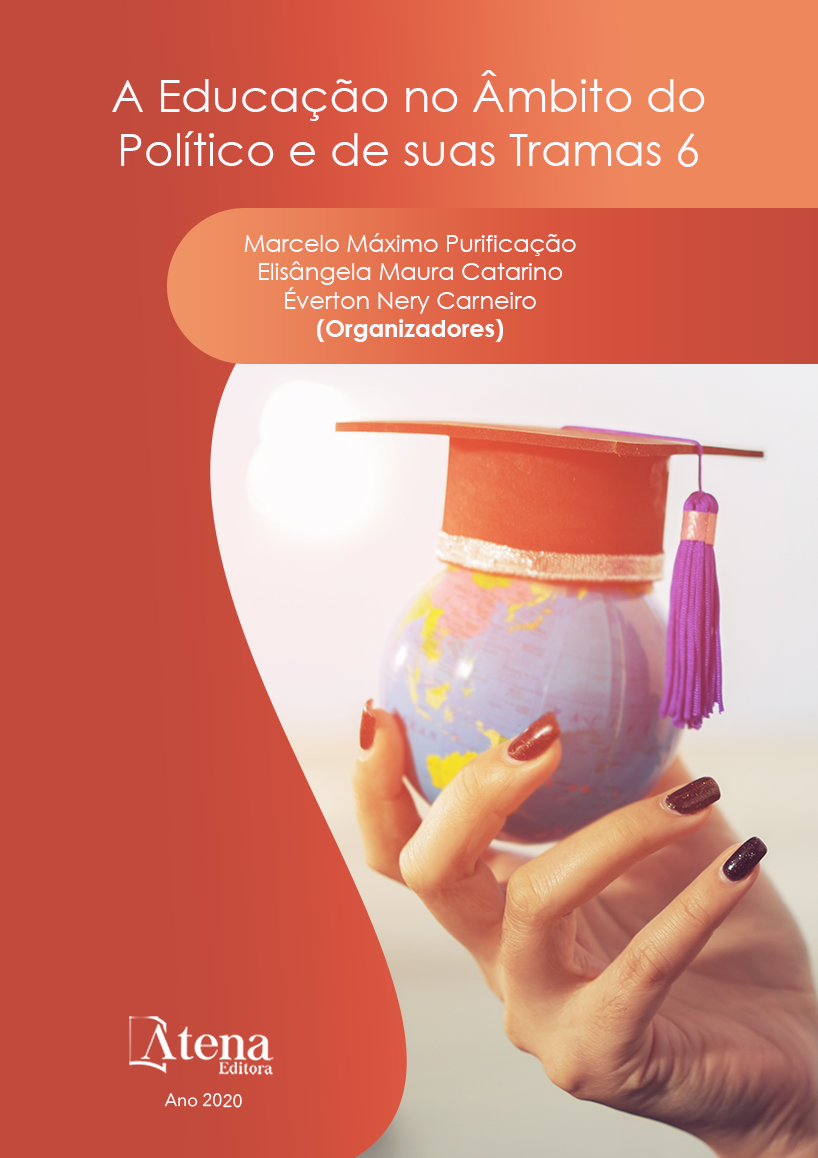
METODOLOGIAS PEDAGÓGICAS PARTICIPATIVAS: AVALIANDO À APRENDIZAGEM
Os estudos já identificaram a importância de construir junto com o aluno, de ajuda-lhe a associar a teoria e a pratica a traves de estratégias pedagógicas participativas, surge, no entanto, uma questão como avaliar o conhecimento adquirido, como medir as capacidades e as habilidades que o conteúdo em questão oferece? O objetivo foi refletir sobre uma estratégia de avaliação em processo, dentro da sala de aula na disciplina NT611-Psicologia na Nutrição I. Metodologia: foi trazido na sala de aula uma situação problema para ser analisado e discutido de forma individual (observar a capacidade de análise e uso de referencial teórico para fundamentar sua tomada de decisão) e depois coletiva (exercitar o trabalho em equipe). Discussão: Pensando no processo de avaliação, entendemos que está não é uma reprodução dos conteúdos e sem uma compreensão destes. Por tanto, ela deve ser um espaço de aprendizagem onde se podem rever conteúdos, mostrar a capacidade de aplicar o aprendido, fazer uso de referencial teórico de forma adequada. Conclusão: O exercício da compreensão deve ser incentivado e para isto se devem oferecer condições para que os alunos possam desenvolver habilidades e competências que lhes permita atuar de forma reflexiva, critica e não somente técnica.
METODOLOGIAS PEDAGÓGICAS PARTICIPATIVAS: AVALIANDO À APRENDIZAGEM
-
DOI: 10.22533/at.ed.50620180513
-
Palavras-chave: avaliação em processo; estudo de caso; participação
-
Keywords: in-process evaluation; case study; participation
-
Abstract:
Studies have already identified the importance of building together with the student, helping him to associate theory and practice through participatory pedagogical strategies. However, a question arises how to evaluate the acquired knowledge, how to measure the capacities and skills that what content does it offer? The objective was to reflect on an evaluation strategy in process, within the classroom in the discipline NT611-Psychology in Nutrition I. Methodology: a problem situation was brought to the classroom to be analyzed and discussed individually (observe the ability to analysis and use of theoretical framework to support their decision-making) and then collective (exercising teamwork). Discussion: Thinking about the evaluation process, we understand that this is not a reproduction of the contents and without an understanding of them. Therefore, it should be a learning space where you can review content, show the ability to apply what you have learned, make use of theoretical framework in an appropriate way. Conclusion: The exercise of understanding must be encouraged and for this, conditions must be offered so that students can develop skills and competences that allow them to act in a reflexive, critical and not only technical way.
-
Número de páginas: 13
- Priscilla Perla Tartarotti Von Zuben Campos
- Marta Fuentes-Rojas


